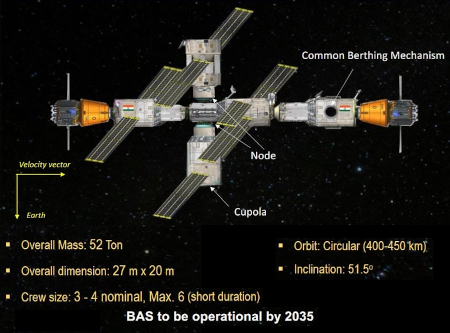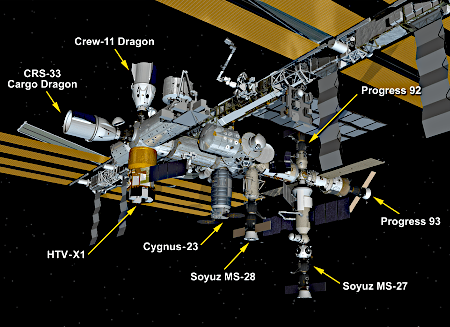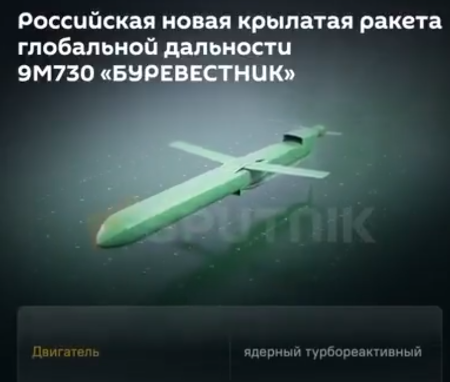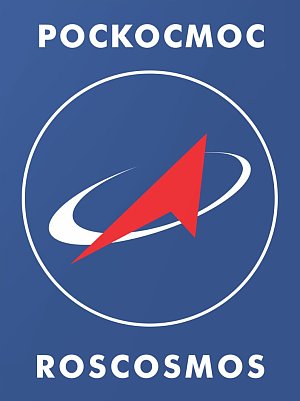Russia in discussions with Malaysian province about potential spaceport
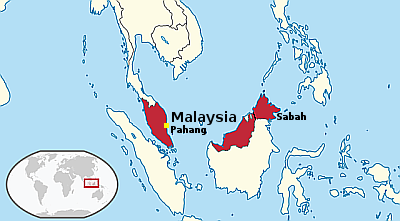
Proposed spaceports in Malaysia
Officials from Glavcosmos, the commercial division of Russia’s Roscosmos space agency, have been holding meetings with officials from the Malaysian province of Sabah about building a spaceport there.
Glavkosmos said technical studies identify Sabah as the most suitable location in Southeast Asia for orbital launches, including low-earth and sun-synchronous orbits, due to its strategic geography and safe rocket stage drop zones. The proposed spaceport could create more than 2,000 high-income jobs and boost local supporting industries.
One year ago, in January 2025, the Sabah government announced it was holding similar discussions with the Ukraine. It seems either those talks fell through, or Russia decided to move in and block the Ukraine from making a deal.
A second Malaysian state, Pahang, is also planning a spaceport, working instead with China.
In all cases, it does appear for some reason Malaysia is not very interested in working with western nations.

Proposed spaceports in Malaysia
Officials from Glavcosmos, the commercial division of Russia’s Roscosmos space agency, have been holding meetings with officials from the Malaysian province of Sabah about building a spaceport there.
Glavkosmos said technical studies identify Sabah as the most suitable location in Southeast Asia for orbital launches, including low-earth and sun-synchronous orbits, due to its strategic geography and safe rocket stage drop zones. The proposed spaceport could create more than 2,000 high-income jobs and boost local supporting industries.
One year ago, in January 2025, the Sabah government announced it was holding similar discussions with the Ukraine. It seems either those talks fell through, or Russia decided to move in and block the Ukraine from making a deal.
A second Malaysian state, Pahang, is also planning a spaceport, working instead with China.
In all cases, it does appear for some reason Malaysia is not very interested in working with western nations.

